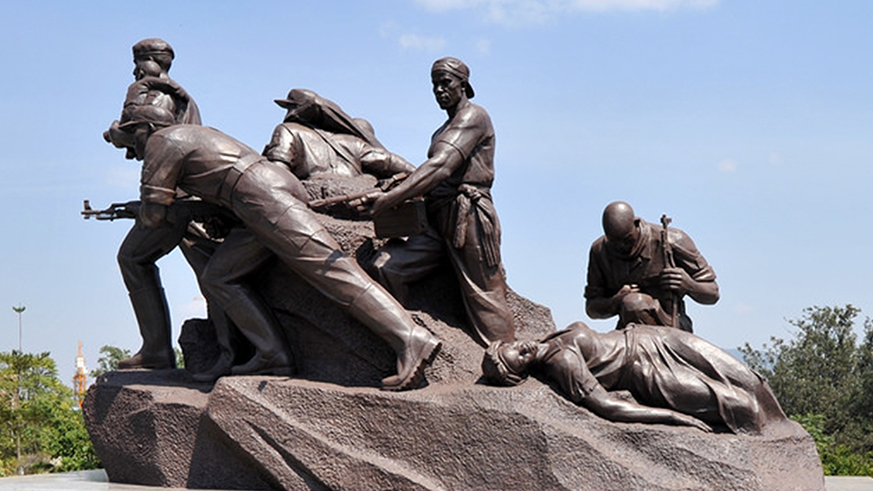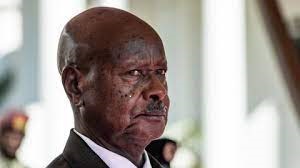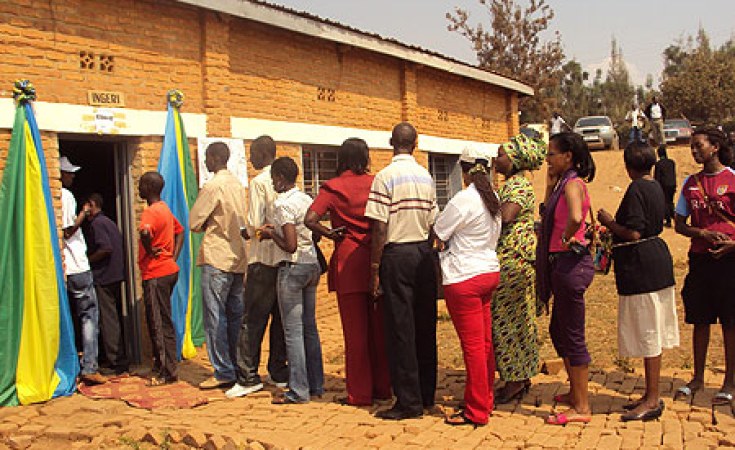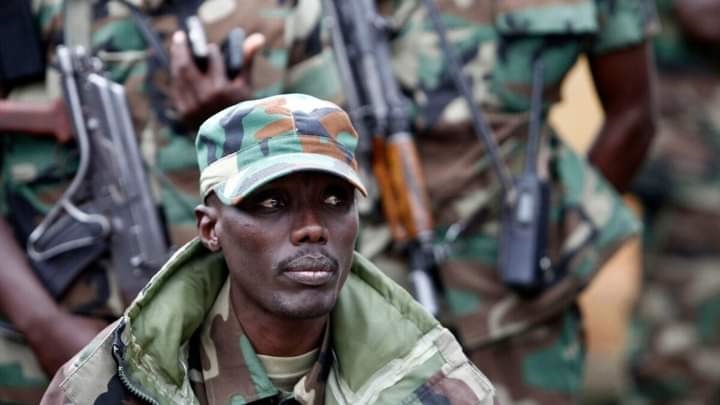Regional
Terror attacks, denial reveal depth of Uganda's vulnerability
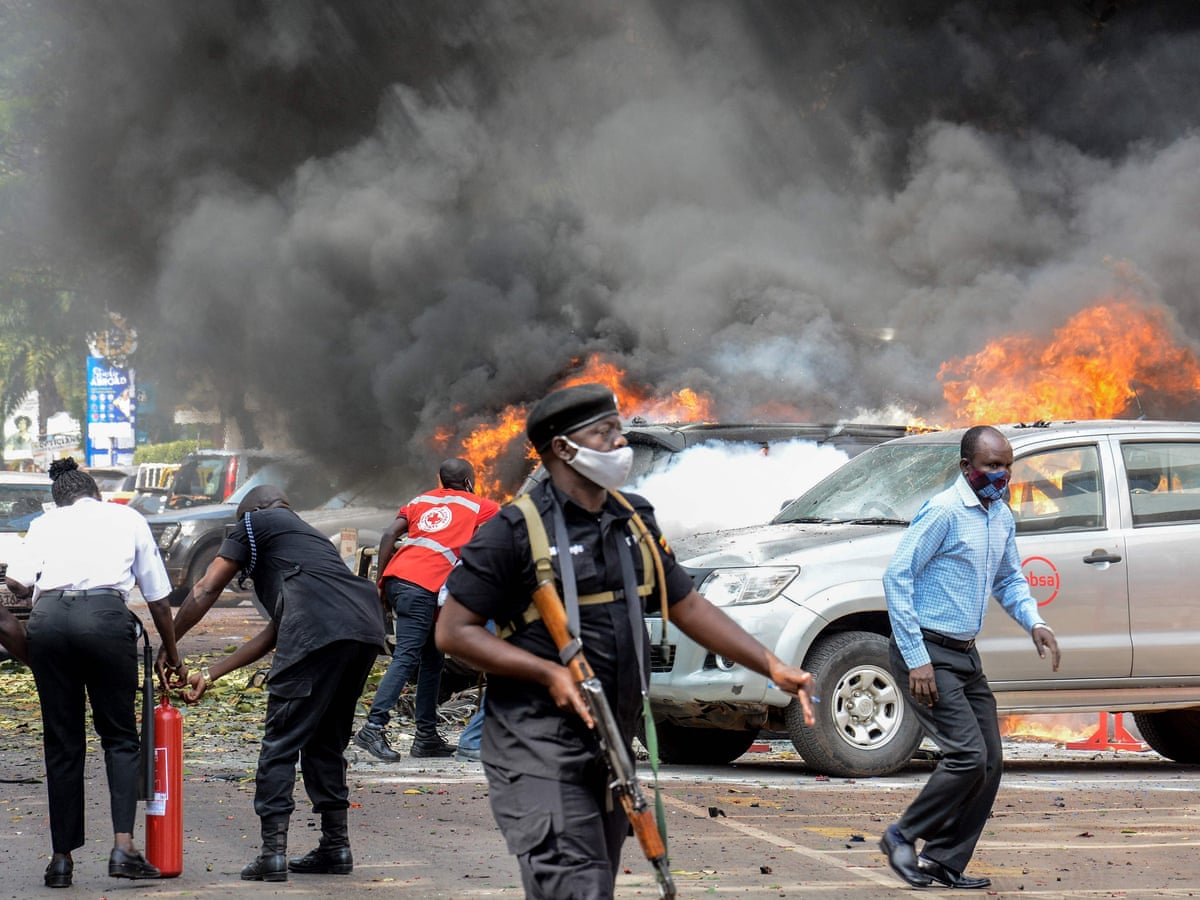
Last week, Uganda was back in the news. A spate of bomb blasts went off in different
parts of the capital, Kampala, killing at least seven people and wounding
dozens, many of them severely. The attacks, which were for all intents and
purposes acts of terrorism, went off at some of the most strategic locations;
one right next to Parliament, and another in the prencicts of Kampala Central
Police Station.
Naturally,
the unfortunate attack attracted sympathy from neighboring countries. Innocent
lives were lost. However, it later became an outward trend that ended up
exposing Uganda’s security forces’ poor coordination and political
opportunism.
Terrorism
can affect any country. But a country’s counter terrorism capabilities is
conceivably the only factor that determines how this unfortunate phenomenon can
be put to an end or how long the mutinous act can be sustained by the bombers.
In
Uganda, it has been an evident factor that the country’s security system is
highly vulnerable. The uncoordinated nature of the security apparatus, lack of
clear reporting structures and an unhealthy competition within the ranks are
some of the factors that make Uganda most vulnerable.
As I
write this article, several Ugandan opposition politicians are in custody over
supposed acts of terror owing to another spate of incidents that saw dozens of
citizens hacked to death in different parts of the country. Security forces,
instead of scientifically following leads to get to the bottom of the attacks
saw this as an opportunity to lay siege on President Yoweri Museveni's
opposition.
Two
legislators were arrested, despite water-tight alibi that put them not only far
from the scenes of crime but also out of the country where it was inconceivable
that they could coordinate the heinous acts. Despite there not being any thread
of evidence linking the two legislators to the incidents - infamously know as
Bijambiya - the duo are rotting in prison after being badly tortured.
This
has only led to speculations that the security agencies are behind the killings
as a way of finding a pretext to blame opposition politicians. Fast-forward to
the bombings that recently rocked the country, already, blogs linked to Ugandan
security are reporting blaming the bombs on "a neighbouring" country.
This
kind of political opportunism and escapism will never address the real
structural and capacity hitches in Uganda's security apparatus. To the
contrary, it can only degenerate and worsen an already vulnerable state of
affairs.
Creating
capable and responsive security forces calls for accountable leadership and an
informed intelligence system. In the case of Uganda, it seems the country, for
some decades now, lacks this central grouping of imperatives.
Consequently,
when such an unfortunate event takes place, the security agencies in charge of
intelligence are the first ones to blame for, it is an irrefutable point that
it either does not have the capacity to collect important intelligence on
crucial matters of security or does not have the ability and the will to
interpret and cross-check important intelligence reports shared to them from
various partners.
In
the recent bombings, Uganda lacked both. This justifies why they opted for
political opportunism to cover their slipups. Certainly, not a smart move for
it exposed them further.
Here
is what happened.
The
Ugandan security forces, specifically their many intelligence services got an
alert from the United Kingdom that there were impending attacks targeting
Uganda. The country’s security forces did not give due importance to such
sensitive information, probably for two critical reasons.
Suffice
to say that they have been busy elsewhere. It is a known fact that the
Chieftaincy of Military Intelligence, which ought to have been at the centre of
operations to act on the Intel provided by British counterparts, has been busy
elsewhere. For the past five years, CMI's preoccupation has been to coordinate
the recruitment and training of Rwandan dissidents with the aim of
destabilizing Rwanda.
They
have also been at the centre of coordination of logistics for these groups and
also chaperoning leaders of RNC and RUD-Urunana every time they come to Uganda.
The third preoccupation has been to hunt down, apprehend (or rather abduct) and
endlessly torture innocent Rwandans found in Uganda, especially those who
refused to joint these outfits hellbent on destabilizing Rwanda.
With
their hands full therefore, the matters of security of Ugandan citizens have
taken a back seat. With such intelligence officers, it would be foolhardy to
expect responsiveness towards terrorists’ threats.
In
addition, due to internal weaknesses in terms of both capacity and effective
coordination, the security organ in charge of feeding the right information to
the defense system and trigger the right actions against any imminent threat,
often opts to cover their weakness by providing wrong information, usually
targeting the wrong root causes of the problems.
When
this is done, you should not expect to have the problem solved soon, as it will
only give time and space to the insurgents and terrorists to operate swiftly.
The biggest losers are always the people. This kind of political opportunism
that is nurtured within Uganda’s security forces, will take the country to an
obvious undesired course.
Lack
of coordination and capacity within the security organs can only be solved by
adequate training tailored to the country’s security threats, developing an
effective intelligence system that does not rely on lazy information gathering
and propaganda to cover for its inabilities.
Key
to achieving this paradigm change within Uganda’s security forces is
accountable leadership. Uganda can go on and on living in denial and blaming a
neighbour for all its shortfalls. But one question shall remain to be answered
and it is; where is the Ugandan leadership and what does it do? Is Rwanda, the
neighbour they keep blaming for all their shortfalls, in control of everything
that occurs in Uganda? If so, Uganda needs to blame herself.


